|
Our property isn't a showplace. There's no historic house, no magnificent view, no fashionable potager. There isn't a pedigreed design from a noted garden architect. No fountains, parterres, pergolas, conservatories, follies, or grottoes. There is a "ruin", but we call it the house and we live inside. Architecturally, it's a Frankenstein's monster... at core an 1860's farmhouse, but with handyman accretions and additions built on by one extended family over the past hundred years. A realtor friend of mine once described it as "the ugliest house in the county"... which I guess is a distinction, of sorts. So I've been somewhat reluctant to open the garden to public view, despite having been asked several times. I don't want visitors, who've paid a fee, to be disappointed and leave thinking they were let down. Recently, however, I've begun to relax and realize that perhaps there's something of value to be seen here after all, not for those looking to be wowed, but for those deeply interested in plants and their cultivation. I've always considered this garden a laboratory for my own passions and obsessions, so there are many varieties of shrubs, grasses, and perennials planted here. It's a constant challenge to balance the collecting urge with a desire to have everything hold together into a cohesive vision, with a sense of being in a garden rather than a nursery's back lot. And I've never been a person who swept the canvas clean when moving into a new place, so there were many plants (mostly trees) that I tried to retain from previous owners. But slowly, over ten years, it's evolved into something like my own vision of what this garden can be. The word that keeps coming up from visitors here is "relatable". At two acres, the property is larger than most suburban lots, but still manageable for us. We have no outside help, but big areas are occupied by the outbuildings, parking court, and the large front lawn. The garden beds are mostly close to the house, but there's a large swath of naturalistic planting along one side of the property that extends as far as the road. There's a sunny dry terraced bank, a moist and shady streamside planting, and other assorted micro-ecologies that offer a variety of conditions suitable for a wide range of plants. So it seems that most people, especially plant nerds, can find something of interest that relates to their conditions and particular horticultural tastes. Also, our standards of maintenance are anything but perfection... again, relatable. The two open garden events I've hosted have been for groups of fifteen to twenty people, almost all of them experienced, passionate gardeners. They appreciate hearing the travails of another enthusiast, both my successes and my many failures, misfires, and disappointments. Here I can show them areas that are thriving, but others in need of some improvements I haven't quite figured out, or projects abandoned through boredom or lack of time. Instead of being designed and executed by professionals, this garden has grown and developed over time, along with my own knowledge and tastes, a process that all amateur gardeners understand. Most people who visit gardens are quite civilized and extremely polite. If they were horrified by anything here, they were certainly diplomatic enough to smile and keep it to themselves. But judging from the comments, questions, and follow-up thank-you notes, most of our guests came away with some knowledge or insight they didn't have before. Whatever inspiration visitors may have derived, the benefit to me was far greater. I loved having so many different and knowledgeable sets of eyes on my efforts. Having been to art school, I take critiques well, so any and all comments were appreciated. It's remarkable how perceptive and helpful another person's vision can be, especially when I respect their chops as gardeners. Plus, it's just damn fun to hang out with other plant enthusiasts, geeking out on the finer points of Panicums, or discussing which cultivar of Physocarpus is most mildew resistant, or bashing the botanists for splitting the genus Aster. So take my advice... if you're asked to open your garden for a couple or a couple dozen, please do so. I don't think you'll regret the experience, and you'll definitely gain more than you lose through anxiety about how your place looks. Trust me... gardeners are kind, gardeners are forgiving, gardeners are superior people. Let them in, and learn from them. I forget how magnificent our big Silver Maples are, until someone like friend and colleague Dorthe Hviid reminds me.
6 Comments
11/21/2023 02:33:20 am
The NES (Nintendo Entertainment System) controller has a total of 6 buttons, excluding the d-pad and start button. These buttons include A, B, Select, Up, Down, Left, and Right.
Reply
11/21/2023 02:33:38 am
The left lever on a handlebar typically operates the clutch on a motorcycle. In the context of bicycles, it often controls the front or left brake. However, the specific functions can vary depending on the type of vehicle.
Reply
7/9/2024 12:06:32 pm
Hoop earrings are a must-have accessory. They come in various sizes and styles, from small and subtle to large and dramatic. Hoop earrings are timeless and versatile, suitable for everyday wear or special occasions.
Reply
7/18/2024 12:57:54 pm
High-performance composites are being used more frequently. These materials offer superior strength and flexibility. Composite paddles provide a balanced blend of power and control.
Reply
7/26/2024 10:45:46 am
Maintaining your home’s exterior is just as important as the interior. Regularly inspect the roof, gutters, and siding for damage. Clean and repair these areas as needed to protect your home from the elements.
Reply
7/26/2024 10:46:16 am
Minimally invasive procedures make veneers an attractive option. Unlike some dental treatments that require extensive preparation, veneers typically involve minimal alteration of the natural teeth.
Reply
Leave a Reply. |
Welcome to Sempervivum, an opinionated, sometimes informed and completely unqualified journal of gardens, plants and plantings by artist-gardener Robert Clyde Anderson. Archives
October 2021
Categories
|

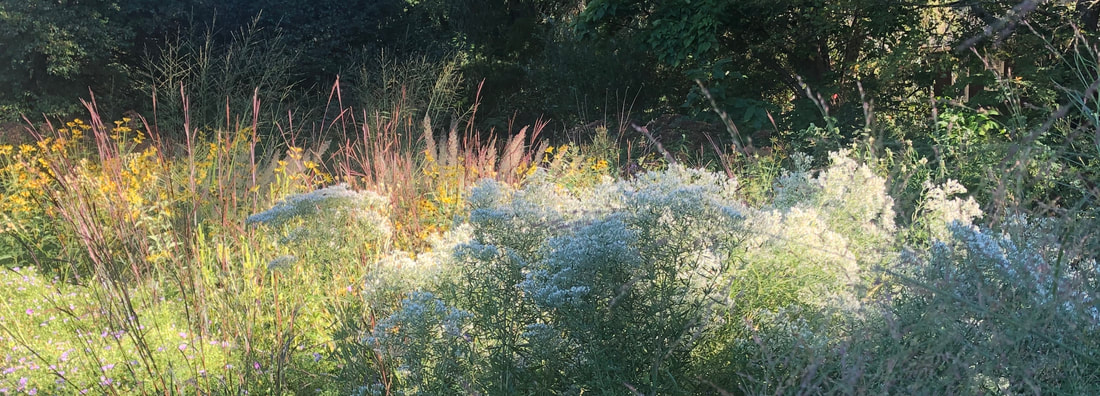
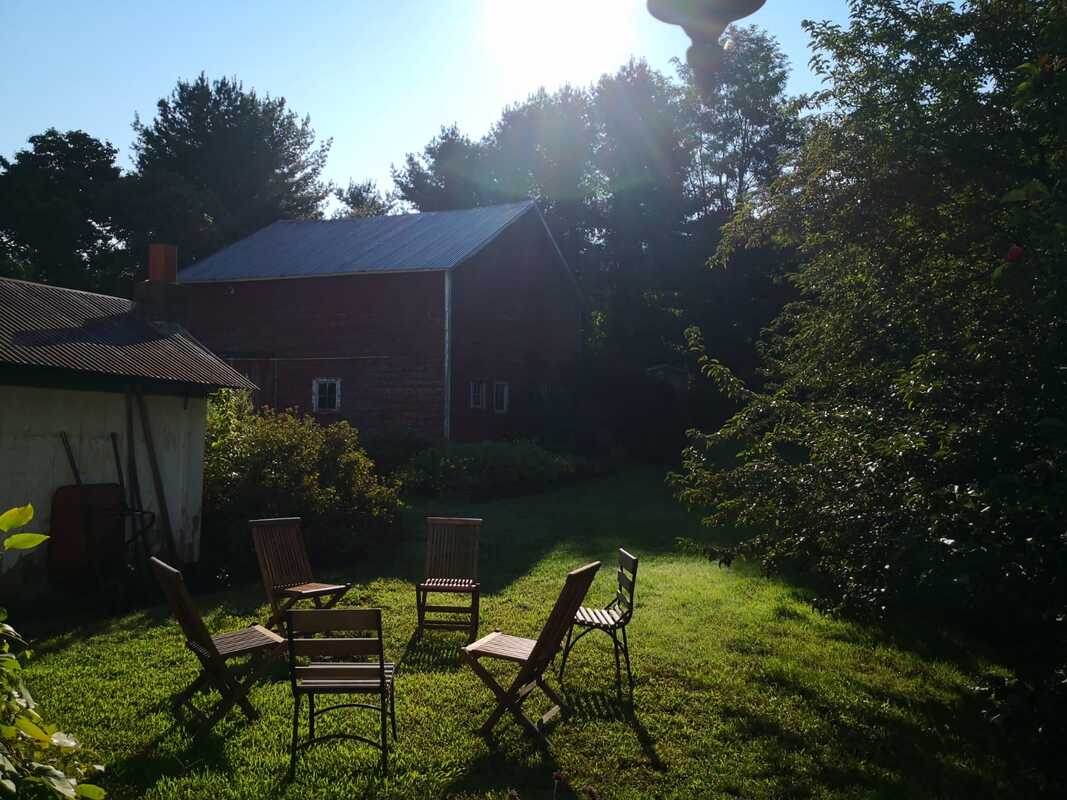
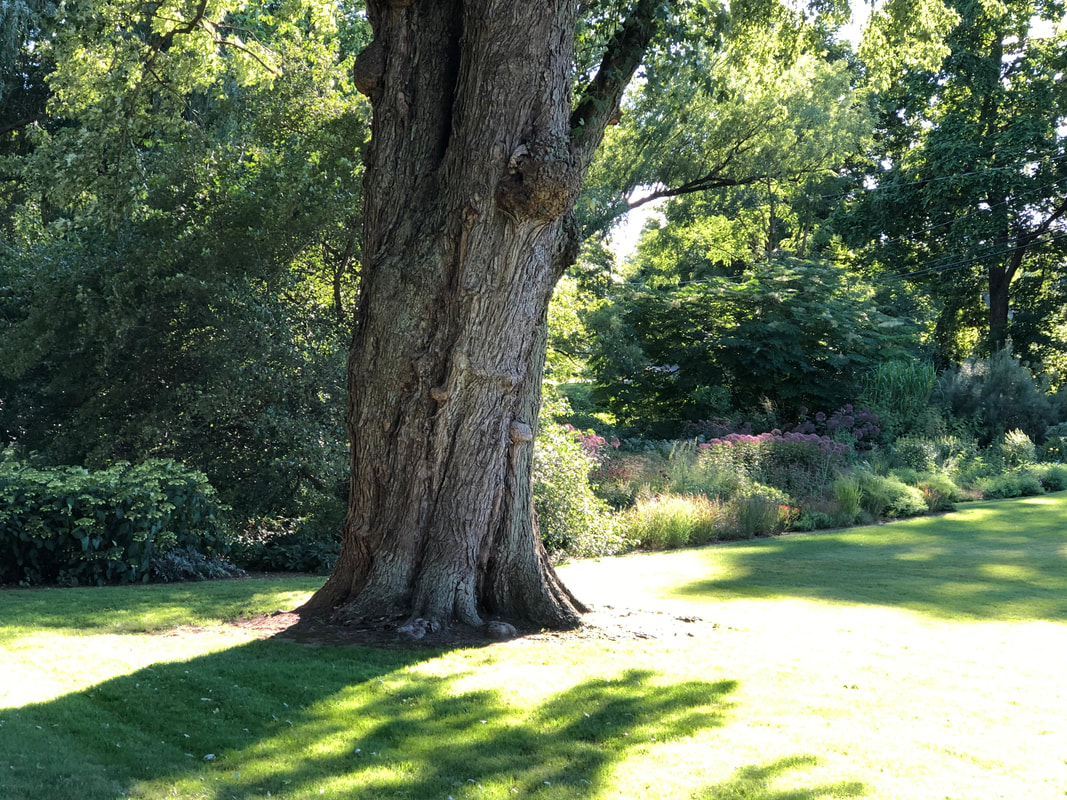
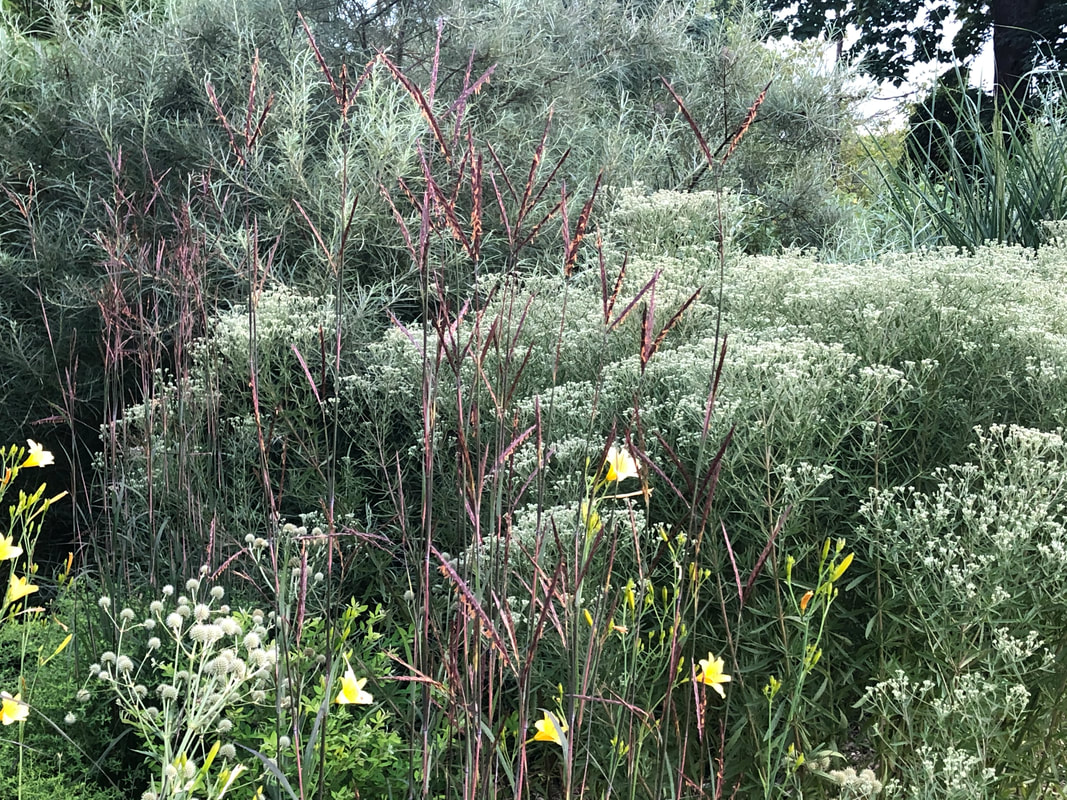
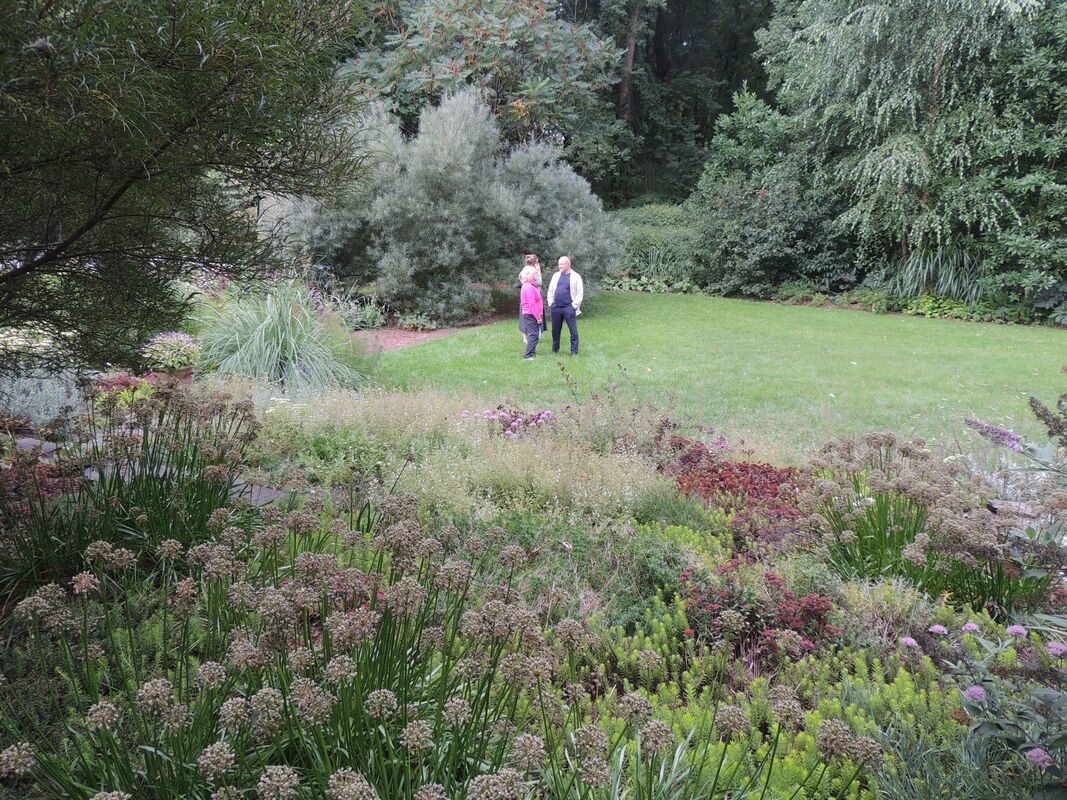
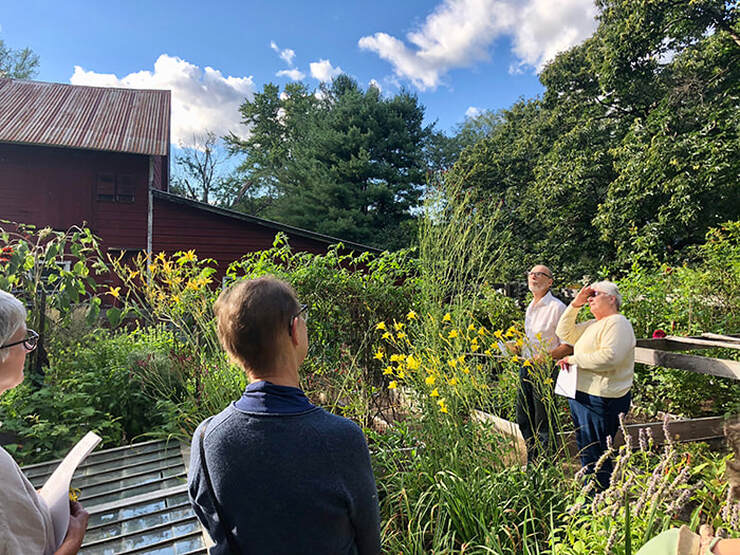
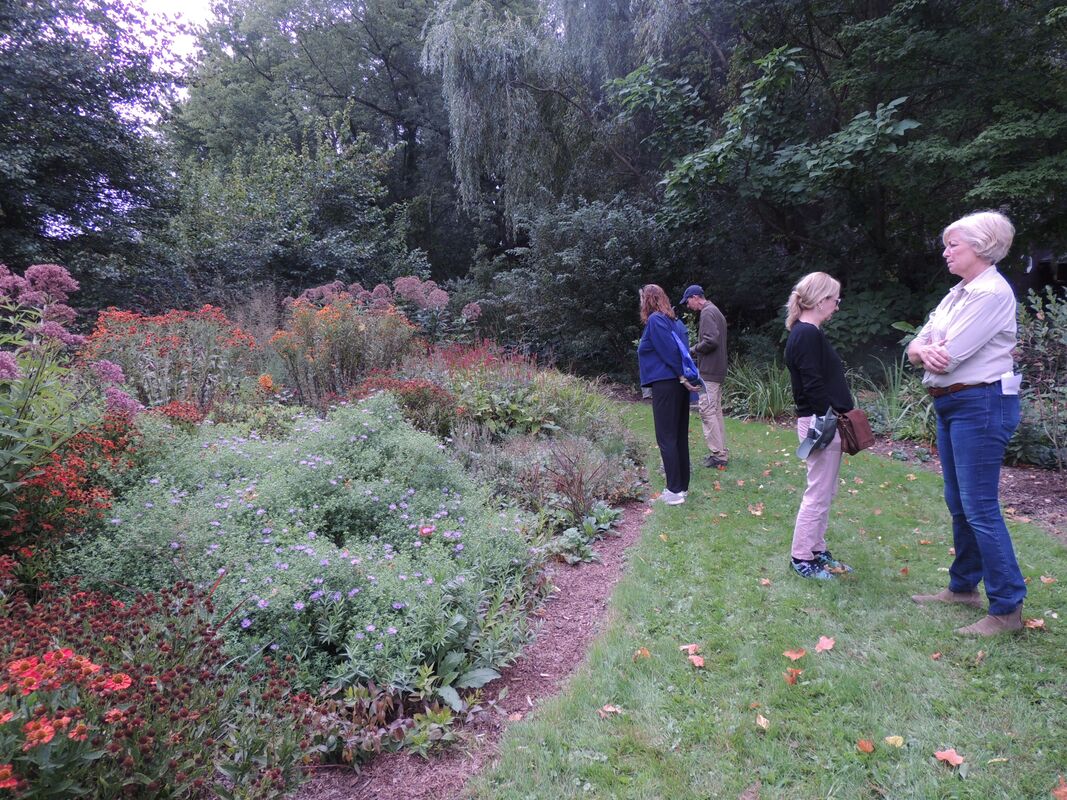
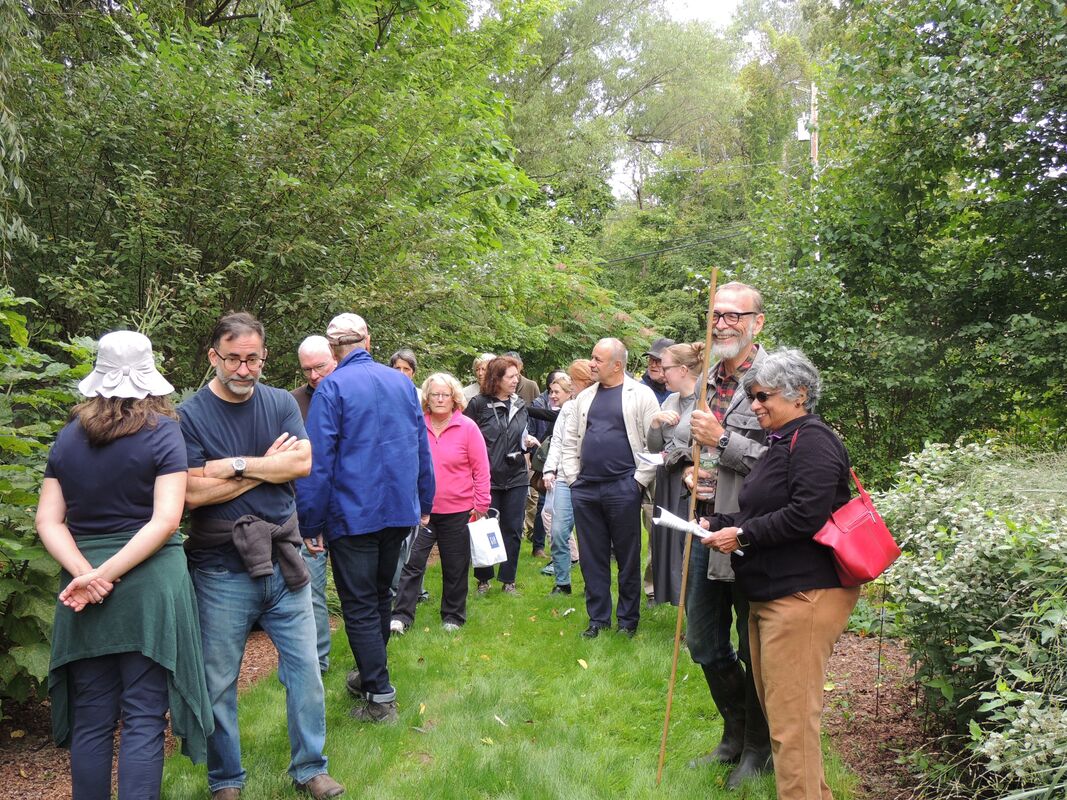
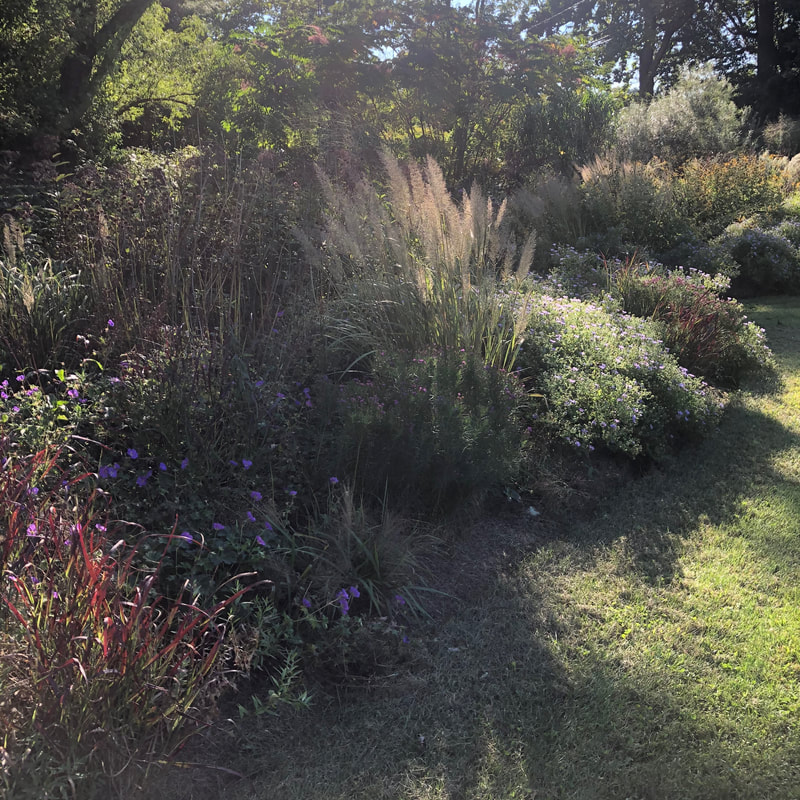
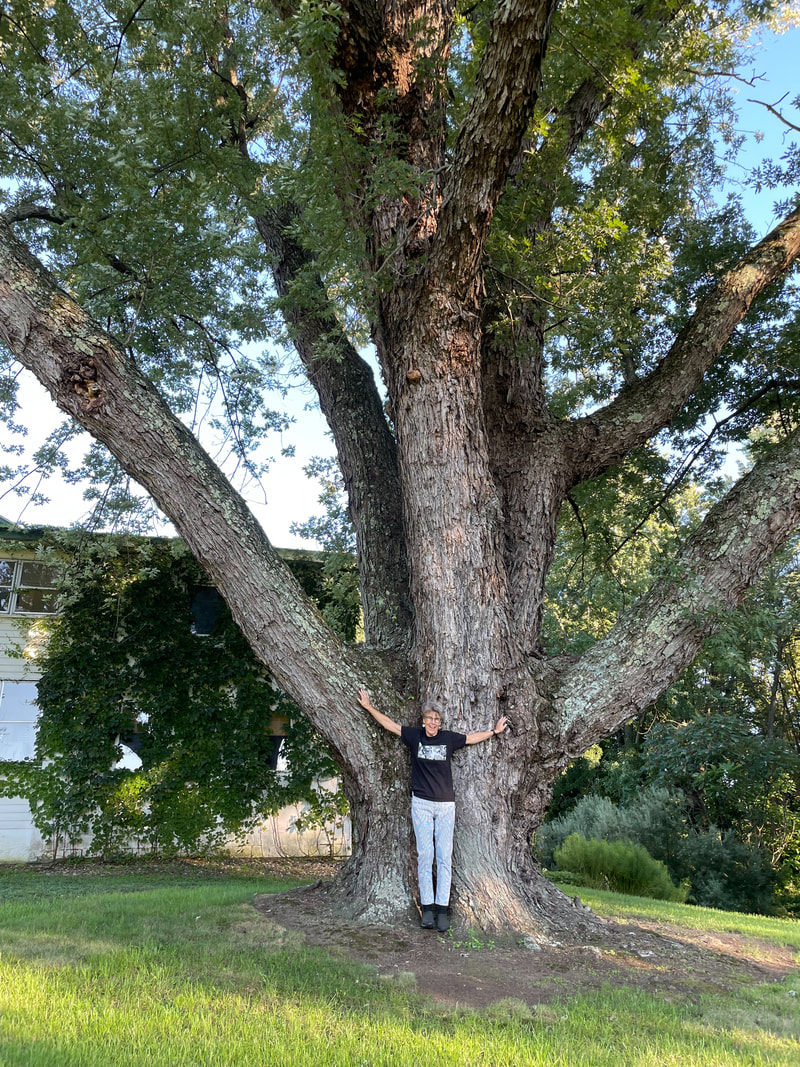
 RSS Feed
RSS Feed